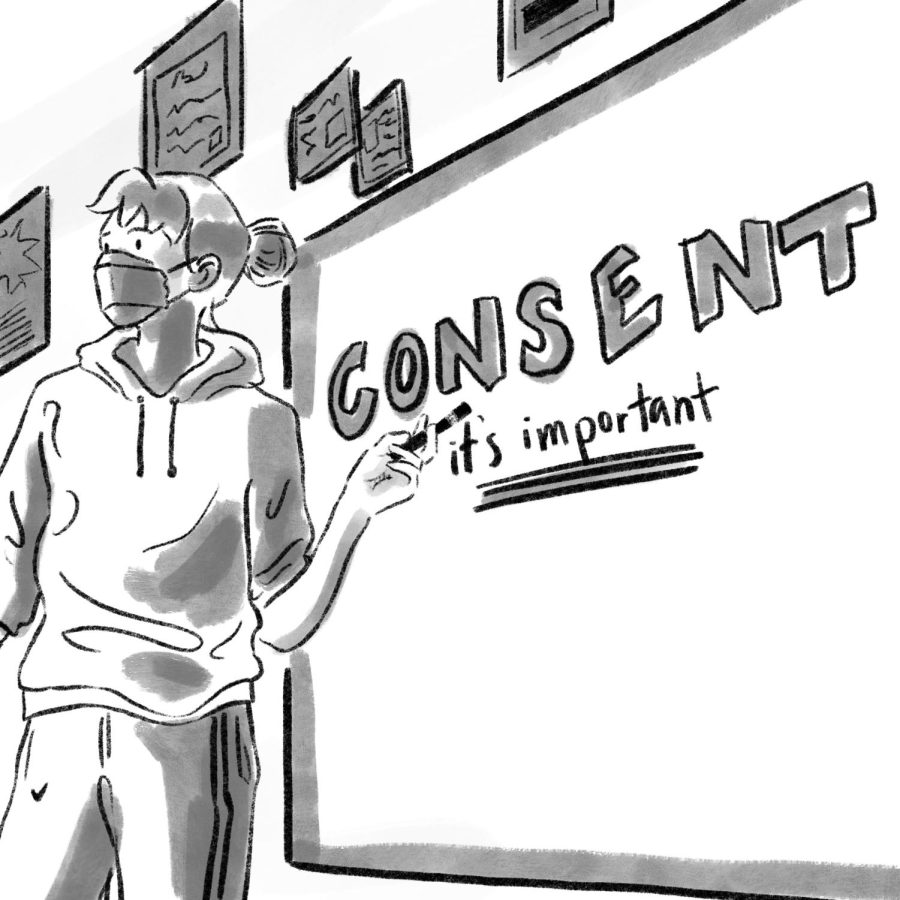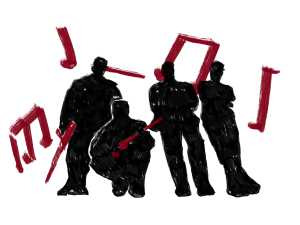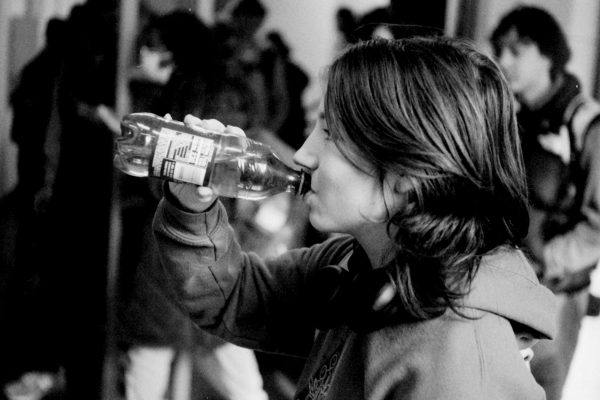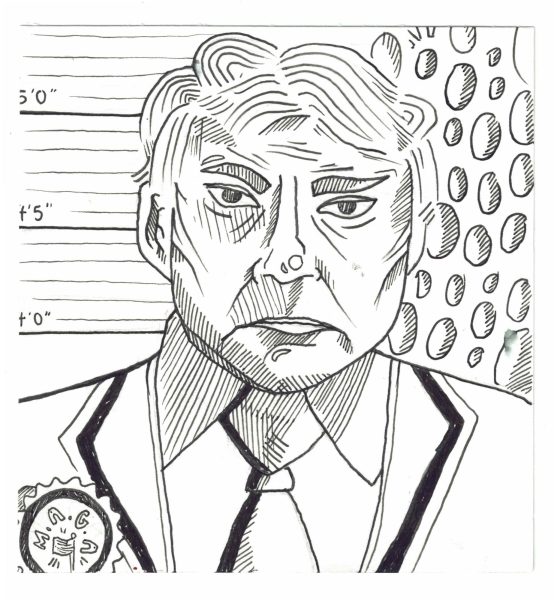Student Workshops Empower Consent Culture at CRLS
November 8, 2022
Recently developed consent workshops were organized during all four blocks and reached almost all five hundred freshmen in one day. These workshops were part of student responses to the school-wide walkout protesting sexual assault last November. Administrative response to the walkout garnered criticism from many students and school organizations. Junee Manandhar ’23, a Train the Trainer teaching assistant, tells the Register Forum why students took initiative rather than the administration: “After last year’s walkout, the principal and superintendent wrote emails about how proud of us they were, but it all seemed performative. If adults aren’t going to do anything, then I’ve got to do something.” The walkout sparked a conversation regarding the way consent was talked about in a school setting and opened a discussion about the lack of consent education at CRLS.
Collaboration between advocacy groups such as Title lX Aurelia Advocates, Intersectional Feminist club, Sisters on the Runway, and the more recently developed Train the Trainer program, resulted in a student-led movement supporting consent education in Cambridge Public Schools. Train the Trainer is a new course that aims to spread awareness and prevent sexual violence in the CRLS community and beyond. Aya Riman ’25, a workshop facilitator, shares to the Register Forum that, “Consent was barely acknowledged in health class and nowhere beyond that.” The new workshops are designed to apply consent to any real-life situation, intending to reach as many students as possible. Presentations included scenarios that students analyzed and decided whether the characters exemplified sober, unmanipulated, or enthusiastic consent. The new workshops are designed to apply consent to any real-life situation.
The effectiveness of these workshops received a diverse range of opinions. Some found it beneficial to learn an umbrella definition of consent. Krissie Alexis ’26 tells the Register Forum, “I think it was helpful. If people weren’t exactly sure what qualified as consent, there was no ambiguity after.” Leshawn Allen ’26 feels similarly, saying, “People need to know about consent so they don’t overstep … boundaries.” Many also said they already knew most of the content or found that their peers did not feel comfortable participating. Rose Freedman-Riles ‘26 shares her views: “I don’t think the freshman engaged as much with the consent workshops. I already had prior knowledge, so it was a review session … personally.” While the majority used the workshops as a knowledge refresher, Stefan Alexandrov ’26 tells the Register Forum that they “did a terrible, terrible job expressing how consent should be handled. Yes, I think consent is important, but it’s just not that deep.” Educators are open to other approaches that will effectively incorporate consent culture into our CPS community. A key focus has been bringing consent education to middle schools and developing more advanced workshops about rape culture for the future.
Even though freshman workshops are over, one question still remains. What more can CRLS do to inform students about consent? Izabella Ramos ’26 believes that “it’s really important to do this in freshman year because a lot of people are ignorant about it.” The 2021 walkout brought to light the inadequacy of consent education and the mishandling of sexual misconduct in the CRLS community. Student workshops are just one of the many steps necessary to empower consent culture. As Train the Trainer educator Ms. Berz tells the Register Forum, “We must continue to build off and expand upon what has been created. Yes, it’s messy and imperfect, but it’s progress.”
This piece also appears in our October 2022 print edition.











